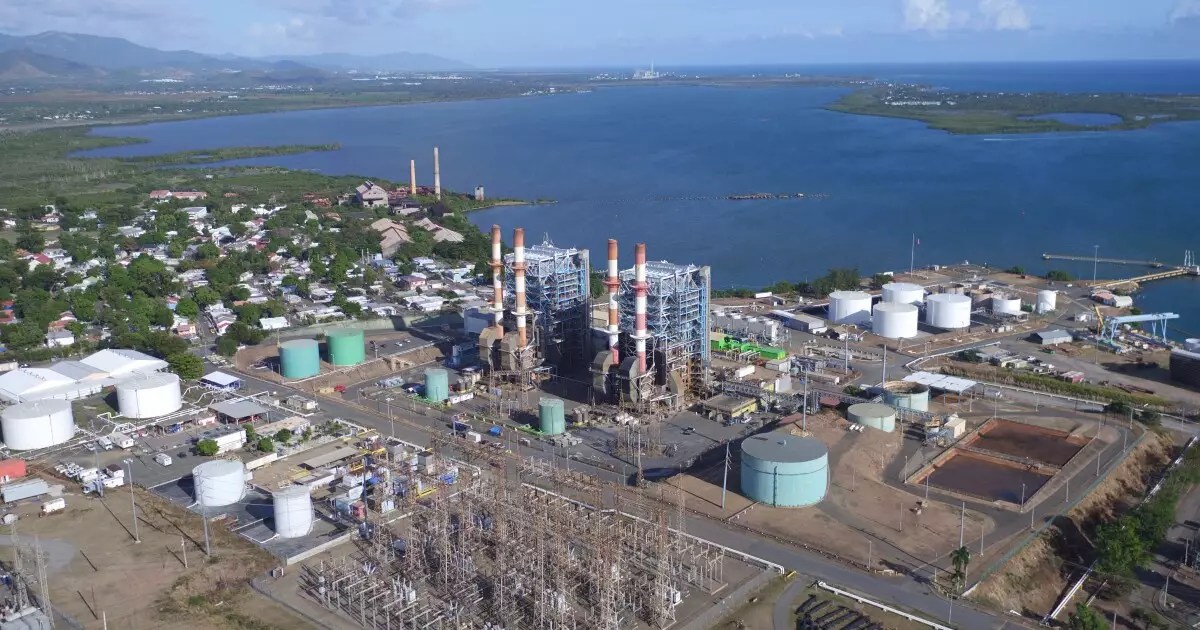The ongoing conflict between the Puerto Rico Oversight Board and the bondholders of the Puerto Rico Electric Power Authority (PREPA) starkly illustrates the gridlocked challenges facing Puerto Rico’s economic recovery. At the heart of this dispute lies a $3.7 billion claim related to administrative expenses that is emblematic of a deeper malaise afflicting the island’s governance. The Oversight Board argues that this claim should be treated as subordinate to other claims against Puerto Rico’s government, revealing the complex interplay of financial obligations and operational realities that entrap both PREPA and its creditors.
Critically, this situation raises questions about the efficacy of the Oversight Board itself and the broader legal frameworks governing Puerto Rico’s fiscal management. The notion that bondholders, of all parties, would attempt to sway the decision-making process to gain preferential treatment calls into question their commitment to the long-term stability of the Puerto Rican economy. It appears that some stakeholders are more noble in their criticisms than they are in their claims. This highlights the moral hazard associated with municipal finance, where the relentless pursuit of collateral can come at the expense of substantive governance.
A Clash of Legal Frameworks and Financial Interests
The Oversight Board’s assertion that the bondholders are attempting to manipulate the provisions of the Puerto Rico Oversight, Management, and Economic Stability Act—essentially bypassing established legal boundaries—is a chilling reminder of how financial interests can warp accountability systems. This legal tug-of-war over which claims get priority underscores the convoluted nature of bankruptcy legislation, where recorded revenues and administrative expenses become a battlefield for positioning rather than a roadmap to solvency.
Furthermore, the arguments put forth by the bondholders—that the board’s stance allows for the consumption of collateral without adequate compensation—serve only to highlight the often-skewed justice embedded in fiscal frameworks designed to handle crises. The bankruptcy code’s provision for administrative claims, which the bondholders insist is infringed upon, strikes an uncomfortable balance between protecting public asset stability and safeguarding private financial investments. Such a dynamic further complicates the pathway to genuine reform in PREPA, as it creates incentives for tactical maneuvering over collaborative solutions.
The Illusion of Compensation
With the bondholders proclaiming a need for full cash compensation upon PREPA’s emergence from bankruptcy, we must ponder the viability of this demand. The argument that PREPA owes them cash for the revenues they deem as collateral represents a significant deviation from the core purpose of bankruptcy: to restructure rather than to liquidate. Even as these stakeholders present a facade of seeking a consensual agreement, their approach feels reminiscent of vultures circling the carcasses of a distressed economy.
The realities of PREPA’s cash shortages cannot be ignored, as highlighted by Puerto Rico’s Fiscal Agency suggesting that funding issues have persisted since the onset of bankruptcy. How can a system expect to thrive when its key operators are effectively shackled by financial burdens? The outlook is shattered by a stark truth: there needs to be a radical re-evaluation of not only PREPA’s operational practices but also the financing structures that uphold them. There is no magic number or easy fix when the thirst for short-term gains overshadows the imperative for sustainable recovery.
Reimagining the Path Forward
If Puerto Rico is to rise from these prolonged shackles of economic despair, it must do so on terms that redefine the relationship between governance, public service, and public trust. The reconstruction of PREPA is not merely a matter of accounting and legalism, but a question of societal prioritization. Do we value the preservation of an institution more than the delivery of reliable and affordable power to the people who depend on it for their daily lives?
It’s time to consider what a radically reimagined utility could look like—one that prioritizes the community rather than just its financial backers. True stability will require accountability mechanisms free from the pre-scripted dance of financial stakeholders, enabling residents to reclaim ownership of their essential services. Transitioning towards innovative financing models, such as green bonds or community-backed initiatives, could create an escape route from this cycle of neglect, empowering citizens to take control of their shared future.
In this era of uncertainty, only through profoundly rethinking how we navigate issues surrounding utility governance can Puerto Rico hope to achieve the economic vitality it so desperately seeks. Reshaping the financial landscape of PREPA not only stands as a reflection of the island’s fiscal realities, but also as a necessary assertion of sovereignty in the wake of external pressures. The challenge ahead is formidable, but it is also an opportunity to break the mold and reshape a future that resonates with the hopes of a people longing for a brighter horizon.


Leave a Reply